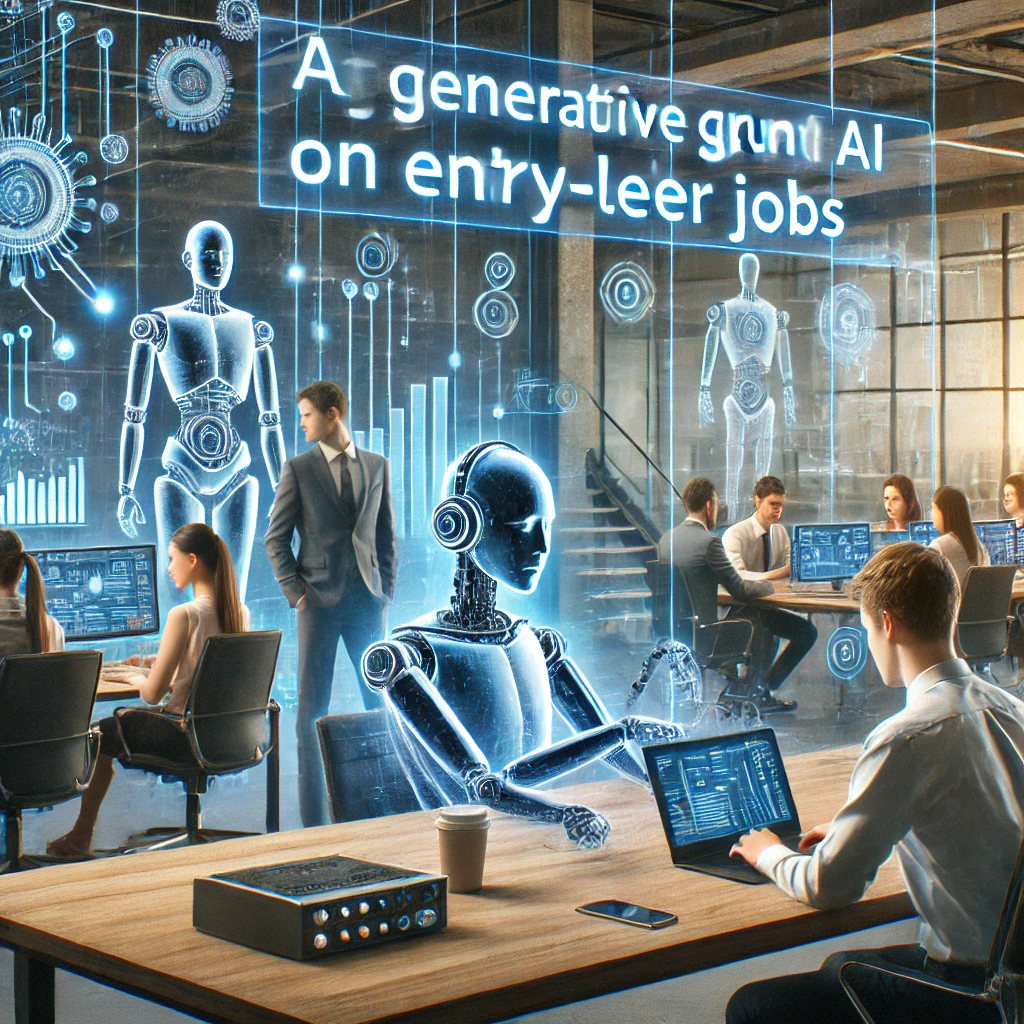For decades, entry-level positions in fields like finance, law, consulting, and media have been defined by routine, foundational tasks such as document searches, data analysis, and presentation preparation. These roles, often seen as rites of passage, are now under threat as generative AI increasingly proves capable of automating such work.
In finance, for example, beginner investment analysts and auditors traditionally earned their stripes through unglamorous tasks like tweaking financial models. Today, AI tools can handle much of this grunt work, leading some banks to reconsider the size of their incoming analyst classes, according to the New York Times. Similar trends are being observed in other sectors, where AI is poised to streamline processes, potentially reducing the demand for entry-level labor.
While generative AI presents opportunities for increased efficiency, it also raises pressing questions about the future of early career pathways. As AI continues to evolve, organizations must balance the benefits of automation with the need to cultivate the next generation of skilled professionals.


